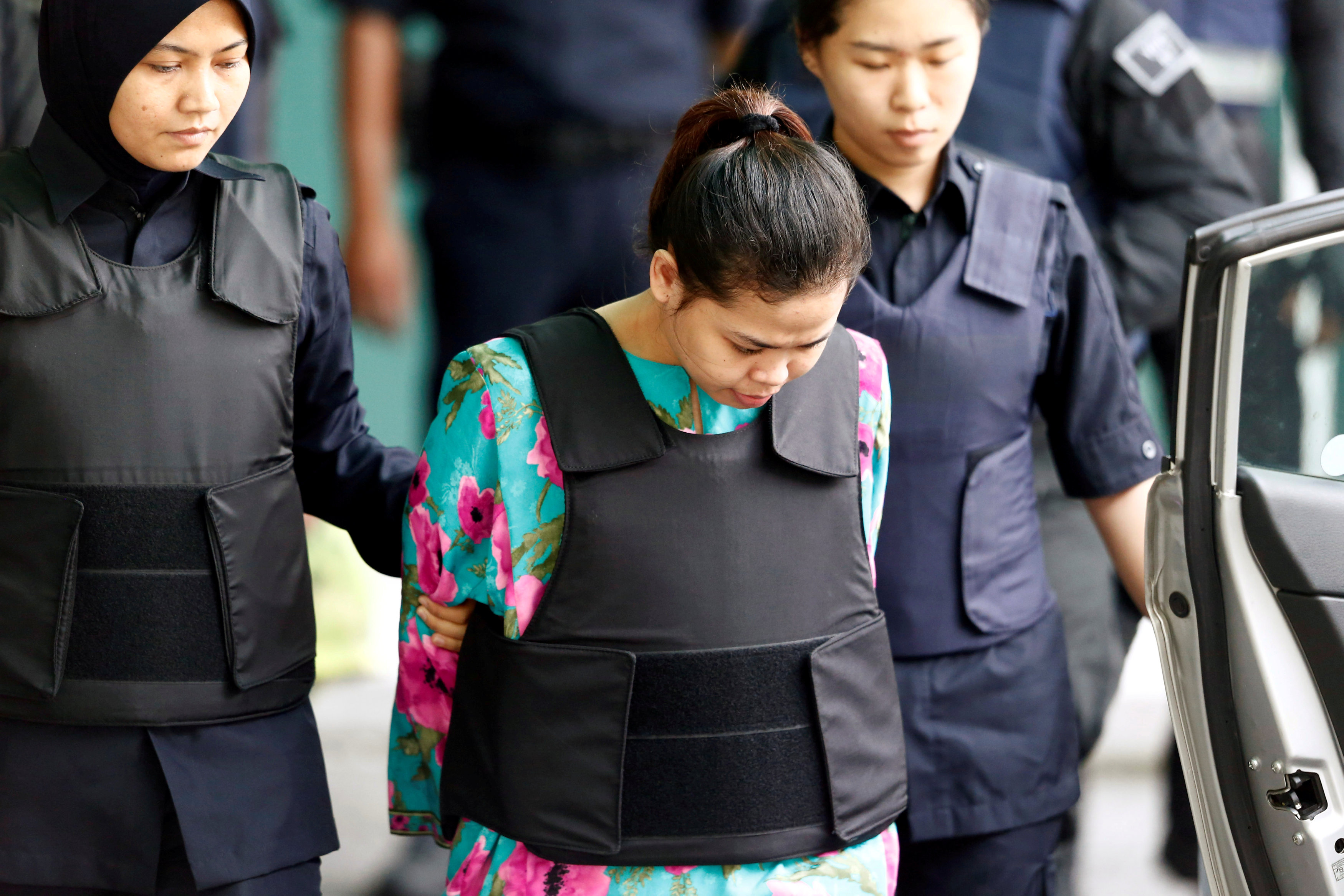
By Humeyra Pamuk and Daren Butler
ISTANBUL (Reuters) – Three suspected Islamic State suicide bombers who killed 43 people in a gun and bomb attack at Istanbul’s main airport this week were Russian, Uzbek and Kyrgyz nationals, a Turkish government official said on Thursday.
The attack on one of the world’s busiest airports, a hub at the crossroads of Europe and Asia, was the deadliest in a series of suicide bombings in Turkey this year.
The three bombers opened fire to create panic outside, before two of them got inside the terminal building and blew themselves up. The third detonated his explosives at the entrance. A further 239 people were wounded.
The official gave no further details beyond confirming the attackers’ nationalities and declined to be named because details of the investigation have not yet been released. Forensics teams had been struggling to identify the bombers from their limited remains, officials said earlier.
“A medical team is working around the clock to conclude the identification process,” one of the officials said.
Interior Minister Efkan Ala told parliament that evidence continued to point to Islamic State responsibility and that the death toll had risen to 43, of whom 19 were foreigners. Ala said the identity and nationality of one of the bombers had been determined but did not comment further.
The pro-government Yeni Safak newspaper said the Russian bomber was from Dagestan, which borders Chechnya, where Moscow has led two wars against separatists and religious militants since the Soviet Union collapsed in 1991.
Turkey’s Hurriyet newspaper named him as Osman Vadinov and said he had come from Raqqa, the heart of Islamic State-controlled territory in Syria. The Russian interior ministry said it was checking information about Vadinov.
A spokesman for Kyrgyzstan’s state security service said it was investigating, while the Uzbek security service had no immediate comment.
Thousands of foreign fighters from scores of countries have crossed Turkey to join Islamic State in Syria and Iraq in recent years. Turkey has tightened security on the Syrian border but has long argued it needs more information from foreign intelligence agencies to intercept the fighters.
The revelation that one of the attackers was a Russian national comes at an awkward time for relations between Ankara and Moscow, strained since Turkey shot down a Russian warplane near the Syrian border last November.
Turkish President Tayyip Erdogan wrote to Russian leader Vladimir Putin this week to express regret over the incident, but officials in Ankara say he stopped short of making the apology Moscow wants before it will lift economic sanctions.
DAWN RAIDS
Turkish police detained 13 people, four of them foreigners, in raids across Istanbul in connection with Tuesday night’s attack. Broadcaster CNN Turk said they were accused of providing logistical support for the bombings.
Counter-terrorism teams led by police special forces launched simultaneous raids at 16 locations in the city, two officials told Reuters.
Yeni Safak said the organizer of the attack was suspected to be a man called Akhmed Chatayev, of Chechen origin. Chatayev is identified on a United Nations sanctions list as a leader in Islamic State responsible for training Russian-speaking militants, and as wanted by Russian authorities.
Turkish officials did not confirm to Reuters that Chatayev was part of the investigation.
Wars in neighboring Syria and Iraq have fostered a home-grown Islamic State network blamed for a series of suicide bombings in Turkey, including two others this year targeting foreign tourists in the heart of Istanbul.
Islamic State has established a self-declared caliphate on swathes of both Syria and Iraq and declared war on all non-Muslims plus Muslims who do not accept its ultra-hardline vision of Sunni Islam. It has claimed responsibility for similar bomb and gun attacks in Belgium and France in the past year.
Turkey, a member of the NATO military alliance and part of the U.S.-led coalition against Islamic State, has repeatedly fired back on the Sunni hardliners in recent months after rocket fire from northern Syria hit the border town of Kilis.
In a sign of the growing threats to Turkey, U.S. defense sources said on Wednesday that Washington was moving towards permanently banning families from accompanying U.S. military and civilian personnel deployed in the country.
PARLIAMENTARY PRESSURE
Critics say Turkey woke up too late to the threat from Islamic State, focusing instead early in the Syrian civil war on trying to oust President Bashar al-Assad by backing even his hardline Islamist opponents, arguing there could be no peace without his departure.
Turkey’s main opposition leader, Kemal Kilicdaroglu, angered by the ruling AK Party’s refusal to hold an inquiry into the airport attack, accused the AKP of “an ideological kinship” with Islamic State. Government officials have flatly rejected such accusations in the past.
Turkey adjusted its military rules of engagement this month to allow NATO allies to carry out more patrol flights along its border with Syria.
It has also carried out repeated raids on suspected Islamic State safe houses in Turkey.
Nine suspected militants, thought to have been in contact with Islamic State members in Syria, were detained in dawn raids in four districts of the Aegean coastal city of Izmir on Thursday, the state-run Anadolu news agency said.
It said they were accused of financing, recruiting and providing logistical support to the group.
The military killed two suspected Islamic State members trying to enter Turkey illegally at the weekend, security sources said on Thursday.
One of the suspects, a Syrian national, was thought to have been plotting a suicide bomb attack in either the capital Ankara or the southern province of Adana, home to Incirlik, a major base used by U.S. and Turkish forces through which some coalition air strikes against Islamic State are carried out.
(Additional reporting by Maria Tsvetkova in Moscow, Olzhas Auyezov in Astana, Gulsen Solaker in Ankara; Writing by Nick Tattersall; editing by David Stamp)













